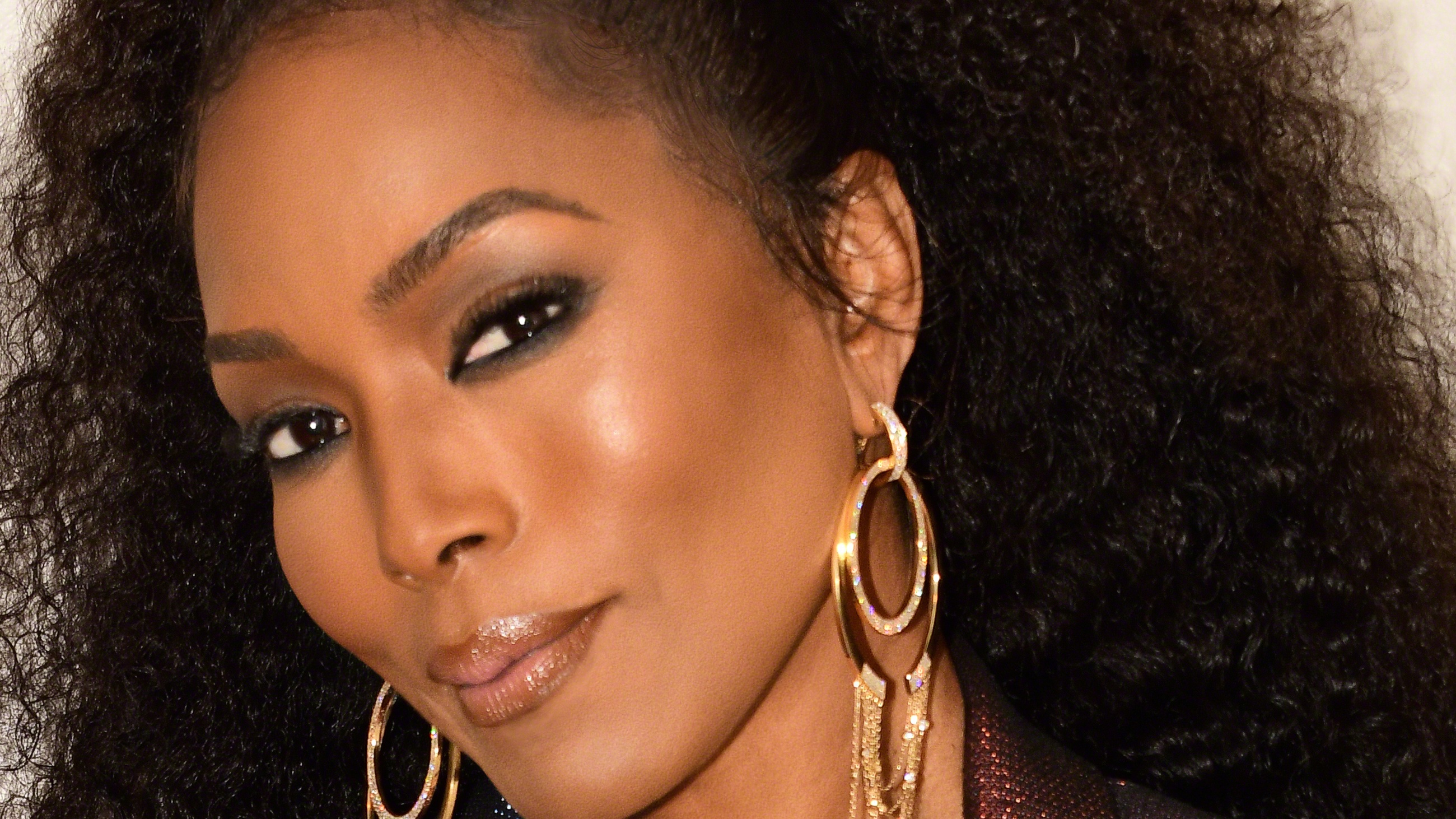Who is your favorite actress of all time and why is it Angela Bassett?
While this question may be asked in jest, for many of us, there is some truth to it. For over thirty years, we’ve bore witness to the magic that is Ms. Bassett as she’s captivated audiences across the world through powerful storytelling, bringing many issues to the forefront that commonly affect the Black community.
Whether it was portraying Tina Turner in What’s Love Got To Do With It or the queen mother in Black Panther, Bassett’s portrayals of Black women characters always provide a touch of relatability, reminding us of the inspirational Black women in our own life. Not only is the grand dame of Black Hollywood advocating for Black women on screen, but off-screen as well.
The 62-year-old sat down with Blavity this month to discuss her latest collaboration with Know Diabetes by Heart, a joint initiative with the American Heart Association, and the importance of coordinating with healthcare providers to ensure that you are receiving the best possible care as it relates to type 2 diabetes. Black Americans are twice as likely to develop type 2 diabetes in comparison to their white counterparts according to the National Institutes of Health.
As an ambassador with the American Heart Association, Bassett has been able to combine her passions for artistic expression and education.
“I came aboard as an ambassador about five or six years ago with the American Heart Association, but two years ago the American Heart Association and American Diabetes Association joined together in partnership to begin this initiative Know Diabetes by Heart,” Bassett said. “It's been wonderful. We're doing a project that speaks to my twin loves, which is artistic expression and education.”
Within this role, Bassett is able to bring awareness to communities dealing with diabetes, especially the Black community.
The mission to educate the Black community on how to manage and prevent type 2 diabetes is personal to Bassett, whose mother succumbed to complications from the disease.
“It's personal to me because my mother developed type 2 diabetes later on in life and she subsequently made her transition from heart failure,” Bassett said. “Her brother, my uncle Ralph, has also contracted this, but we know more now. We can do more now to make sure he is doing what he needs to do in terms of connecting with his healthcare provider, moving more, eating properly, and all of the things that will keep him around because we love and adore him.”
She also noted that people with the type 2 diabetes are twice as likely to develop heart disease or suffer a stroke.
"[I] also want to bring more awareness to our communities, Black, especially, Black communities, and all communities dealing with diabetes, that there is this link between type 2 diabetes and cardiovascular disease," she said of her work with the campaign.
But good health starts with regular doctor's visits and asking questions. So if you find yourself incidentally leaving the doctor's office with unanswered questions, she encourages you to take someone you trust along with you.
"You know, find someone you love who can be there for you to go with you if you're like me and they ask, 'Yeah, so you have any questions?'" she said. "And I'm like, 'Nope, I've got it.' And then you walk out, and are like, 'Oh, I should have asked this, this and the other thing.'"
Ultimately, Bassett encourages folks to connect with a healthcare provider that they trust and make a plan to stay on top of their health.
“Trust your healthcare provider, find one that you trust, and make a plan together,” Bassett said. “The healthcare provider is number one. Go every year and stay on top of it. Don't be overwhelmed. Take one small step today and another small one tomorrow. By doing so, we can make change. We can do 80% of what we know we should be doing and that goes a long, long way."'
